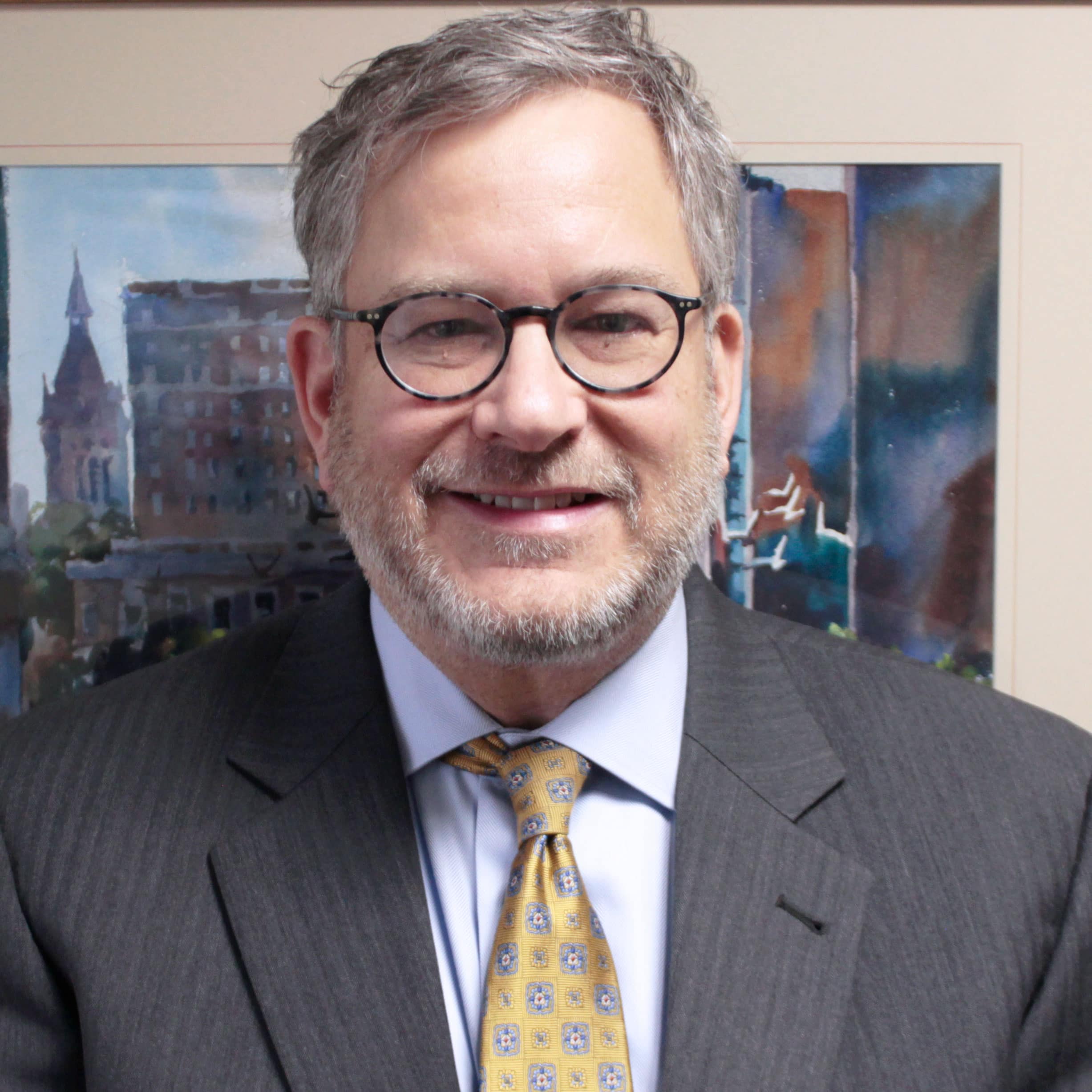In the ever-evolving landscape of family law, the rights of non-biological fathers have become a topic of considerable importance. On this page, we will delve into the intricacies of non-biological fathers’ rights, exploring the legal principles at play and providing guidance for individuals navigating these complex situations.
Understanding Equitable Estoppel
At the heart of the issue lies the doctrine of Equitable Estoppel, a legal concept aimed at preventing injustice by barring individuals from denying facts they have previously affirmed through their actions or words. In the realm of family law, Equitable Estoppel can be a powerful tool for non-biological parents seeking custody or visitation rights
Traditionally, custody determinations heavily favored biological or adoptive parents. However, the doctrine of Equitable Estoppel has introduced a new dimension to these proceedings, emphasizing the importance of fairness and the best interests of the child above all else. Under this doctrine, non-biological parents who have established a significant parent-child relationship may be entitled to assert their rights in custody and visitation matters.
Key Considerations in Custody and Visitation Case
The application of Equitable Estoppel in custody and visitation cases encompasses various scenarios, each presenting its own set of complexities. One common scenario involves a non-biological father who has held himself out as the parent of the child, assuming responsibilities and nurturing a relationship with the child over time. In such cases, the courts may recognize the non-biological father’s role and prioritize the continuity of the parent-child relationship.
Similarly, Equitable Estoppel may come into play when a father seeks to disavow paternity after learning that he is not the biological parent. If the father has previously acknowledged paternity and acted as the child’s parent without question, he may be estopped from denying paternity later on, particularly if doing so would be detrimental to the child’s well-being.
Implications for Non-Biological Fathers
That Appellate Court’s ruling signaled a shift in the legal landscape concerning non-biological fathers’ rights. Moving forward, non-biological fathers who have played a significant role in a child’s life may have recourse to assert their rights in custody and visitation matters.
It’s essential for individuals in these circumstances to seek guidance from experienced family law attorneys who can assess the specifics of their case and provide tailored advice. By understanding the nuances of Equitable Estoppel and presenting compelling arguments based on the best interests of the child, non-biological fathers can pursue a favorable outcome in custody and visitation proceedings.
Frequently Asked Questions
Can non-biological fathers establish parental rights if the biological parent is not deemed unfit?
Yes, non-biological fathers may still have avenues to establish parental rights even if the biological parent is not deemed unfit. The key factor in such cases is the establishment of a significant parent-child relationship, wherein the non-biological father has assumed parental responsibilities and played an active role in the child’s upbringing. Courts recognize the importance of maintaining stable and nurturing environments for children, and non-biological fathers who have provided such environments may be granted parental rights.
Choosing a Divorce Attorney
First Step of the Divorce Process
Related Videos
What role does the best interests of the child play in custody and visitation proceedings involving non-biological fathers?
The best interests of the child serve as the guiding principle in custody and visitation proceedings involving non-biological fathers. Courts assess various factors, including the child’s emotional and physical well-being, the quality of the parent-child relationship, and the stability of the home environment. Non-biological fathers who can demonstrate their commitment to promoting the child’s welfare and providing a loving and supportive environment may have their rights upheld in accordance with the child’s best interests.
Are there specific legal requirements for non-biological fathers to establish parental rights?
While specific legal requirements may vary depending on jurisdiction, non-biological fathers typically need to demonstrate their significant involvement in the child’s life and their commitment to fulfilling parental responsibilities. This may include providing financial support, participating in the child’s education and upbringing, and fostering a strong emotional bond. Consulting with a knowledgeable family law attorney can help non-biological fathers understand the legal requirements applicable to their situation and navigate the process effectively.
How does the length of the parent-child relationship impact custody and visitation determinations for non-biological fathers?
The length of the parent-child relationship can significantly influence custody and visitation determinations for non-biological fathers. Courts often place greater weight on established relationships that have endured over an extended period. Non-biological fathers who have maintained consistent involvement in the child’s life over time may be more likely to have their parental rights recognized and upheld in court proceedings.
What evidence can non-biological fathers present to support their claims for custody or visitation?
Non-biological fathers can present various forms of evidence to support their claims for custody or visitation, including documentation of their involvement in the child’s upbringing, witness testimony corroborating their parental role, and records of financial support provided to the child. Additionally, evidence of the child’s emotional bond with the non-biological father and the positive impact of their relationship on the child’s well-being can strengthen their case in court.
Do non-biological fathers have any recourse if they are denied custody or visitation rights?
If non-biological fathers are denied custody or visitation rights, they may have recourse to appeal the decision or seek modification of the custody arrangement. It’s essential for non-biological fathers to work closely with experienced family law attorneys who can assess the grounds for appeal and advocate for their rights effectively. Additionally, exploring alternative dispute resolution methods — such as mediation — may offer a constructive means of resolving custody disputes outside of court.
How do courts weigh the interests of non-biological fathers against those of biological parents in custody and visitation cases?
In custody and visitation cases involving non-biological fathers, courts strive to strike a balance between the interests of non-biological fathers and those of biological parents. While biological parents typically retain certain presumptive rights, courts prioritize the child’s best interests above all else. Non-biological fathers who can demonstrate their significant contributions to the child’s upbringing and well-being may have their interests weighed more heavily in custody and visitation determinations.
Are there any limitations on the rights of non-biological fathers in custody and visitation proceedings?
While non-biological fathers may have avenues to assert their rights in custody and visitation proceedings, there may be limitations based on the specific circumstances of the case and applicable state laws. For example, in cases where a biological parent opposes the involvement of a non-biological father, the court may consider the biological parent’s objections and assess the impact on the child’s welfare. Additionally, non-biological fathers who have not established a significant parent-child relationship may face challenges in asserting their rights.
How can non-biological fathers protect their rights proactively in anticipation of custody or visitation disputes?
Non-biological fathers can take proactive steps to protect their rights in anticipation of custody or visitation disputes. This may include establishing paternity through legal means, maintaining detailed records of their involvement in the child’s life, and seeking legal advice early on to understand their rights and options. By taking proactive measures and staying informed about their legal rights, non-biological fathers can position themselves more effectively in custody and visitation proceedings.
What resources are available to non-biological fathers seeking guidance on custody and visitation matters?
Non-biological fathers seeking guidance on custody and visitation matters can turn to a variety of resources for support. This may include consulting with family law attorney, accessing online resources and support networks for non-biological parents, and seeking assistance from advocacy organizations dedicated to promoting the interests of fathers in family law proceedings. By leveraging these resources, non-biological fathers can empower themselves with the knowledge and support needed to navigate custody and visitation disputes effectively.
Fighting for Families
Navigating the complexities of non-biological fathers’ rights in custody and visitation proceedings requires legal guidance and advocacy. At Cole, Sorrentino, Hurley, Hewner & Gambino, P.C., we understand the importance of preserving parent-child relationships and advocating for the best interests of our clients and their families.
If you find yourself facing custody or visitation disputes as a non-biological father, don’t hesitate to reach out to our experienced legal team. With our in-depth knowledge of family law and dedication to client advocacy, we will work tirelessly to protect your rights and pursue a favorable outcome for you and your family.
Contact Cole, Sorrentino, Hurley, Hewner & Gambino, P.C. today to schedule a consultation and explore your legal options. Let us guide you through this challenging time with compassion and unwavering commitment to securing the best possible resolution for your case.






